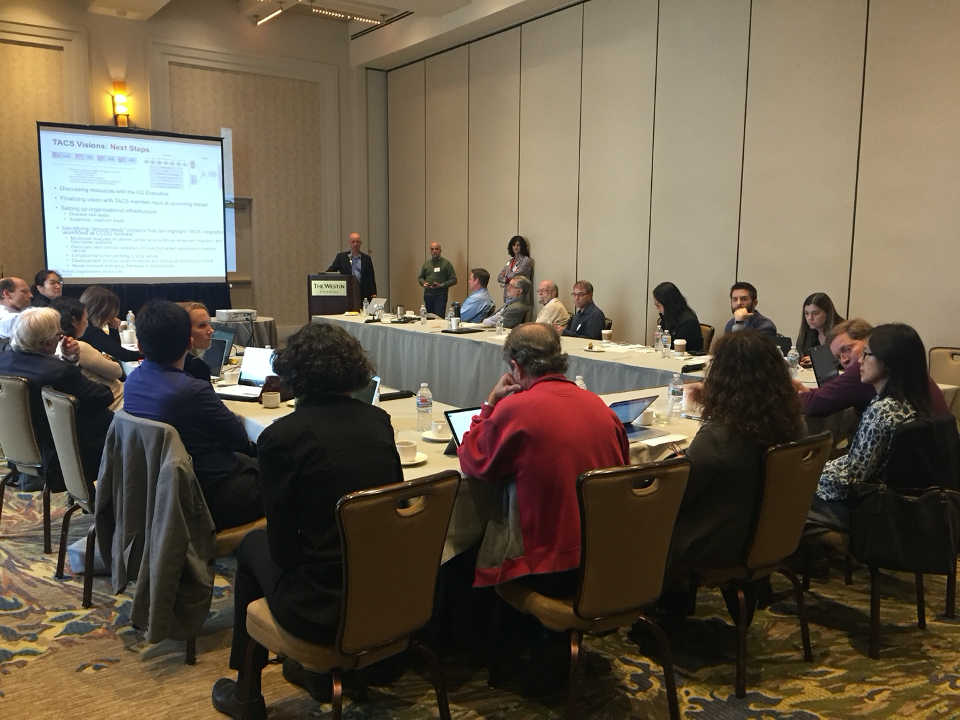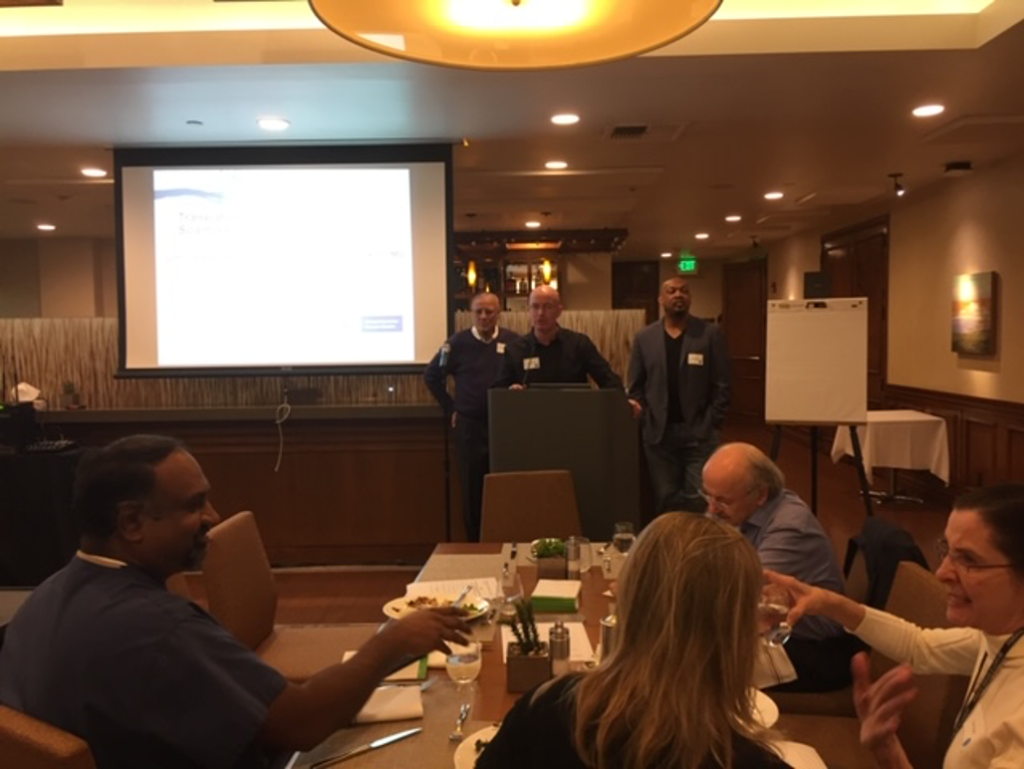USC Norris Comprehensive Cancer Center
An NCI-designated Comprehensive Cancer Center
Translational and Clinical Sciences Program
The Translational and Clinical Sciences (TACS) Program includes 61 members with expertise spanning basic, translational and clinical research. The overarching mission of the TACS Program is to discover and develop innovative treatments and biomarkers to improve clinical outcomes for cancer patients. TACS members’ research encompasses adult and pediatric cancers, and solid and hematological malignancies, with a focus on tumor types that represent significant cancer burdens and disparities in our catchment area. Key differentiators of the TACS program include a focus on mechanisms and treatments for metastatic cancer and pediatric malignancies, use of multi-parametric liquid biopsies to monitor cancer evolution, and a sharp focus on cancer disparities research.
The program has three specific aims:
- Discover novel targets and develop new therapeutic approaches, with emphasis on high priority cancers in our catchment area.
- Design and conduct innovative high impact clinical trials, with emphasis on early phase and investigator-initiated trials.
- Develop and validate innovative diagnostic approaches and biomarkers of cancer evolution and therapeutic response.

The program leaders are Fumito Ito, MD, PhD and Mark Agulnik, MD. Dr. Ito is a nationally recognized surgical oncologist and cancer researcher who has a significant clinical interest in melanoma, sarcoma, and breast cancer. Dr. Agulnik is a oncologist at Keck Medicine of USC who specializes in the medical treatment of sarcomas — bone and soft tissue cancers — including gastrointestinal stromal tumors, or GIST. The program’s 61 members come from five schools and 18 departments. In recent years, members of the TACS program have made significant advances in novel therapeutic approaches including the development of lead compounds targeting Artemis in leukemia through the NCI Experimental Therapeutics (NExT) program and the identification of a novel immunological mechanism of action of EphrinB4/EphB2 therapies towards novel combination treatments for cancer. TACS members continue to lead in NCI-funded clinical trials mechanisms through the Experimental Therapeutics Clinical Trials Network (ETCTN) and National Clinical Trials Network (NCTN) consortia for adult and pediatric patients, with awarded grants such as UM1 (adult ECTCN), UG1 (adult NCTN), NCTN (Pediatric), Pediatric Early Phase Clinical Trials Network (PEP-CTN) (Pediatric), NCI Community Oncology Research Program (NCORP-Pediatric), and a New Approaches to Neuroblastoma Therapy (NANT) Consortium (Pediatric). The TACS program is addressing cancer needs in our catchment area through high impact research projects in cancer disparities and through drug development and innovative trials targeting major cancer burdens in our catchment area of Los Angeles County.

